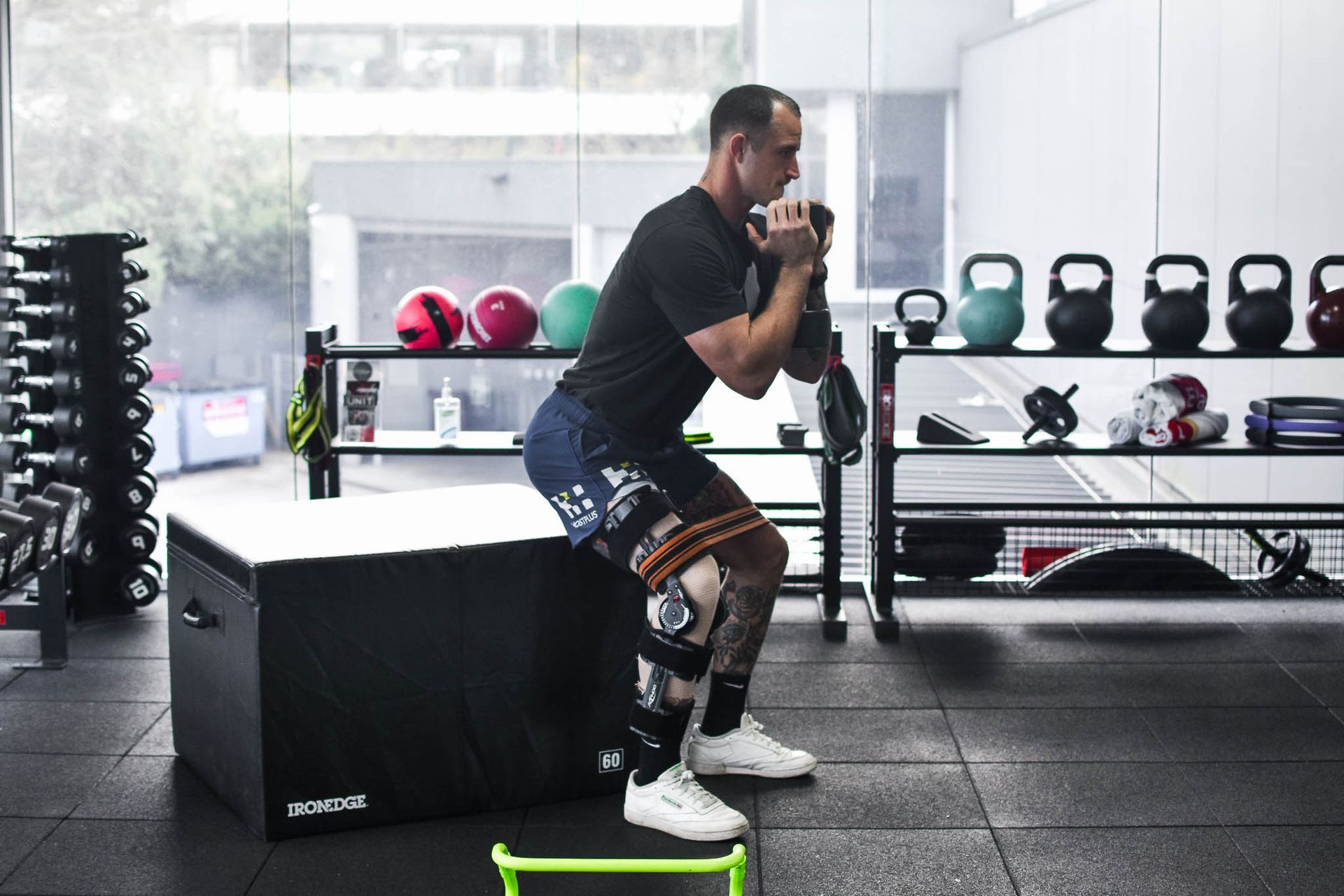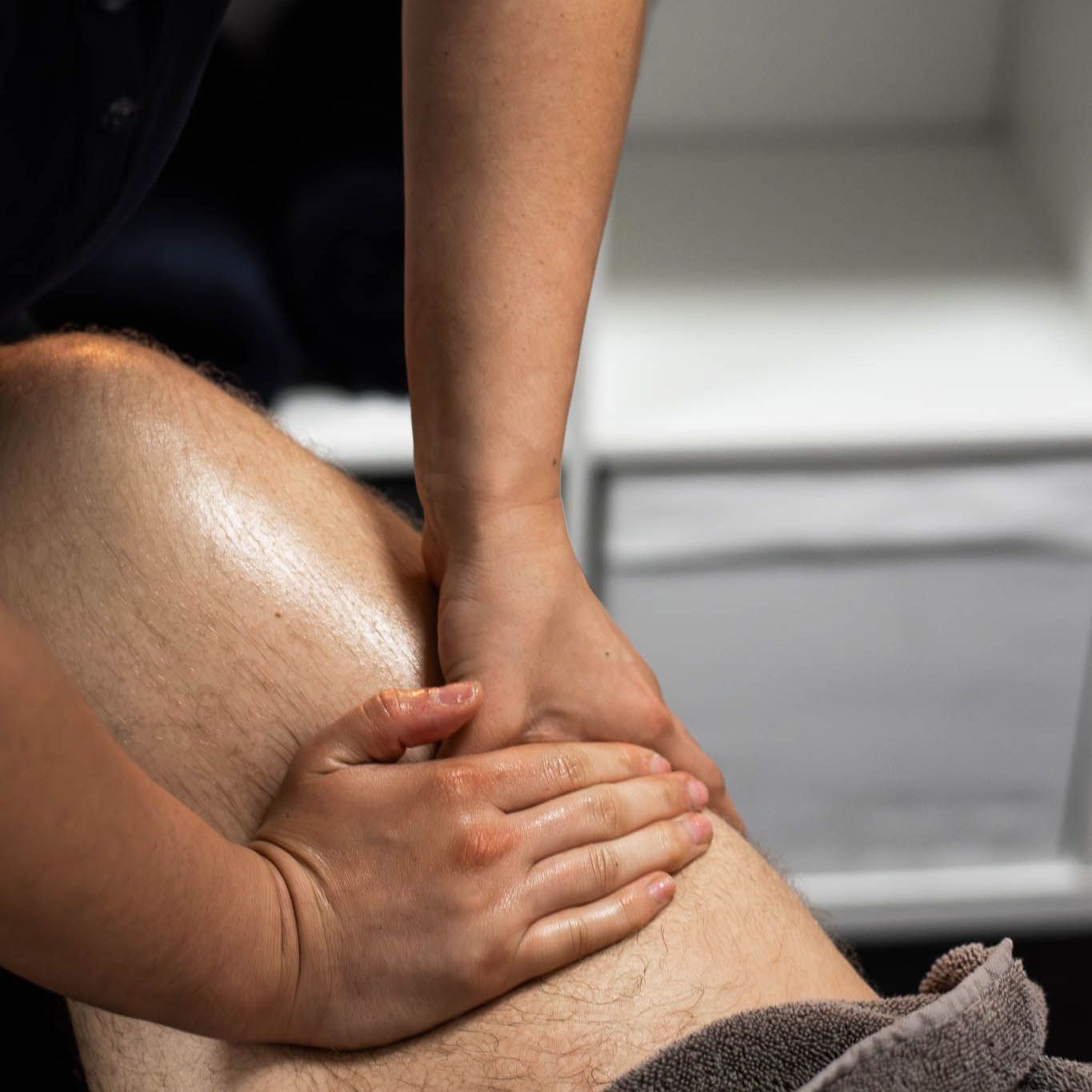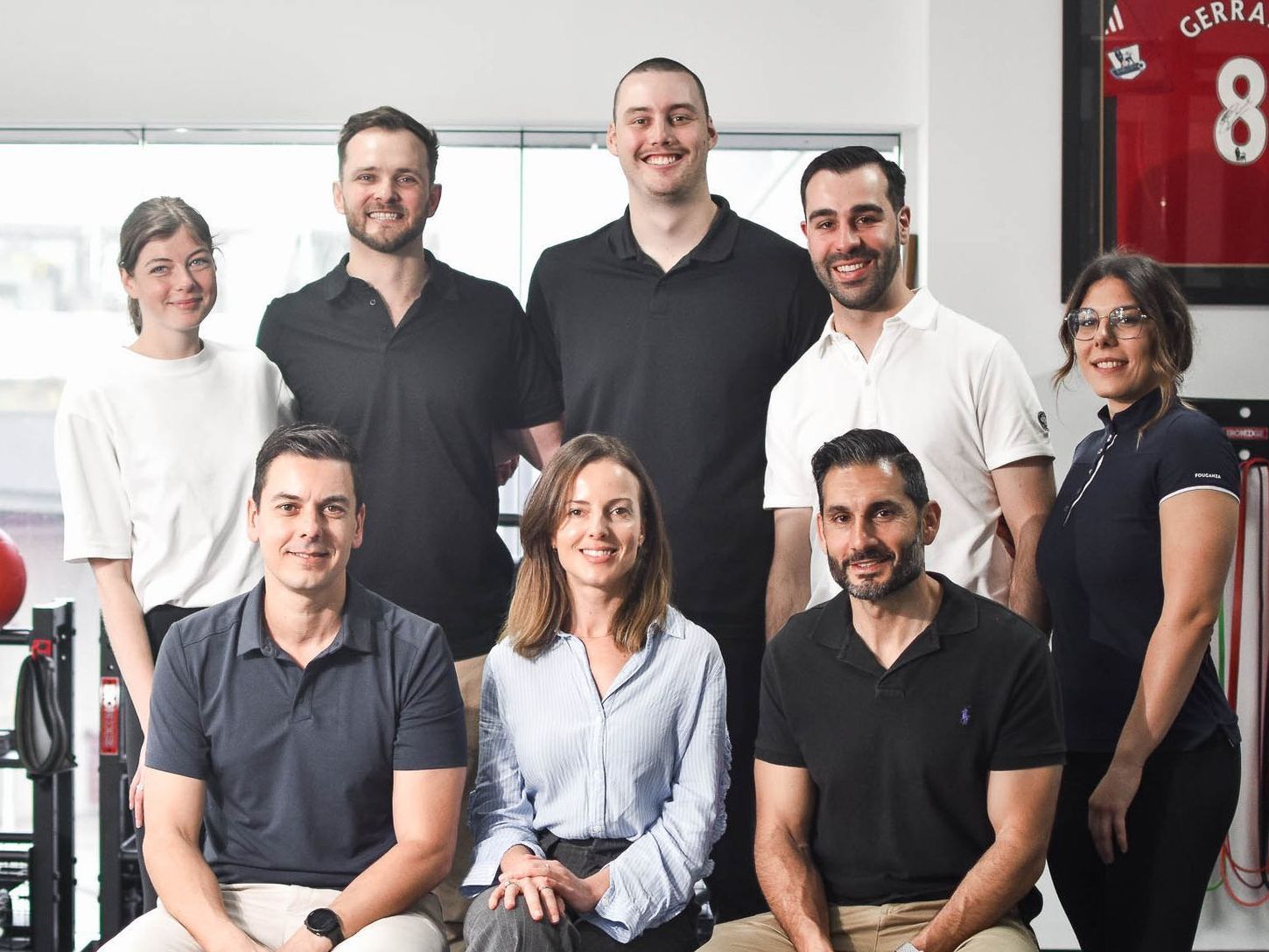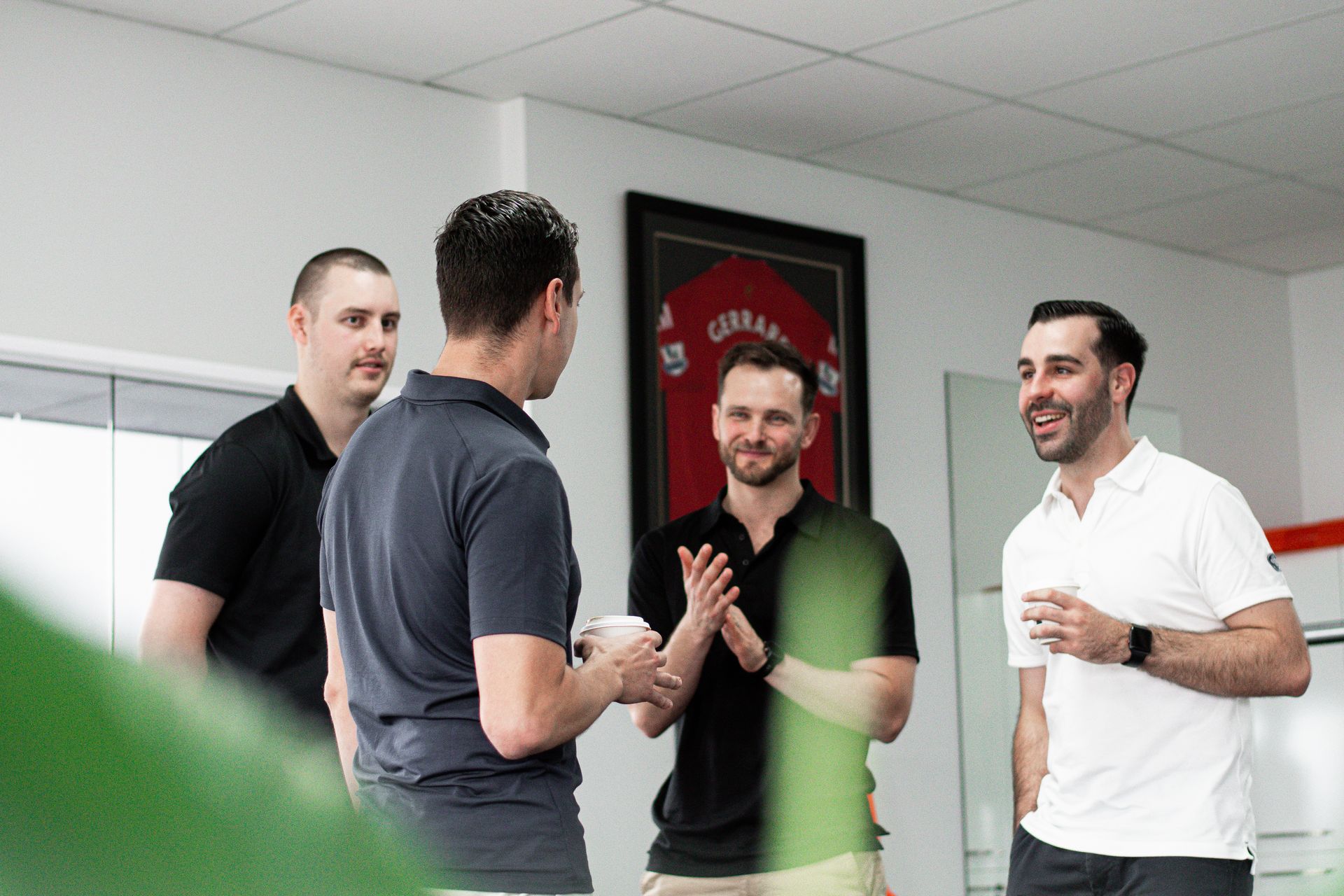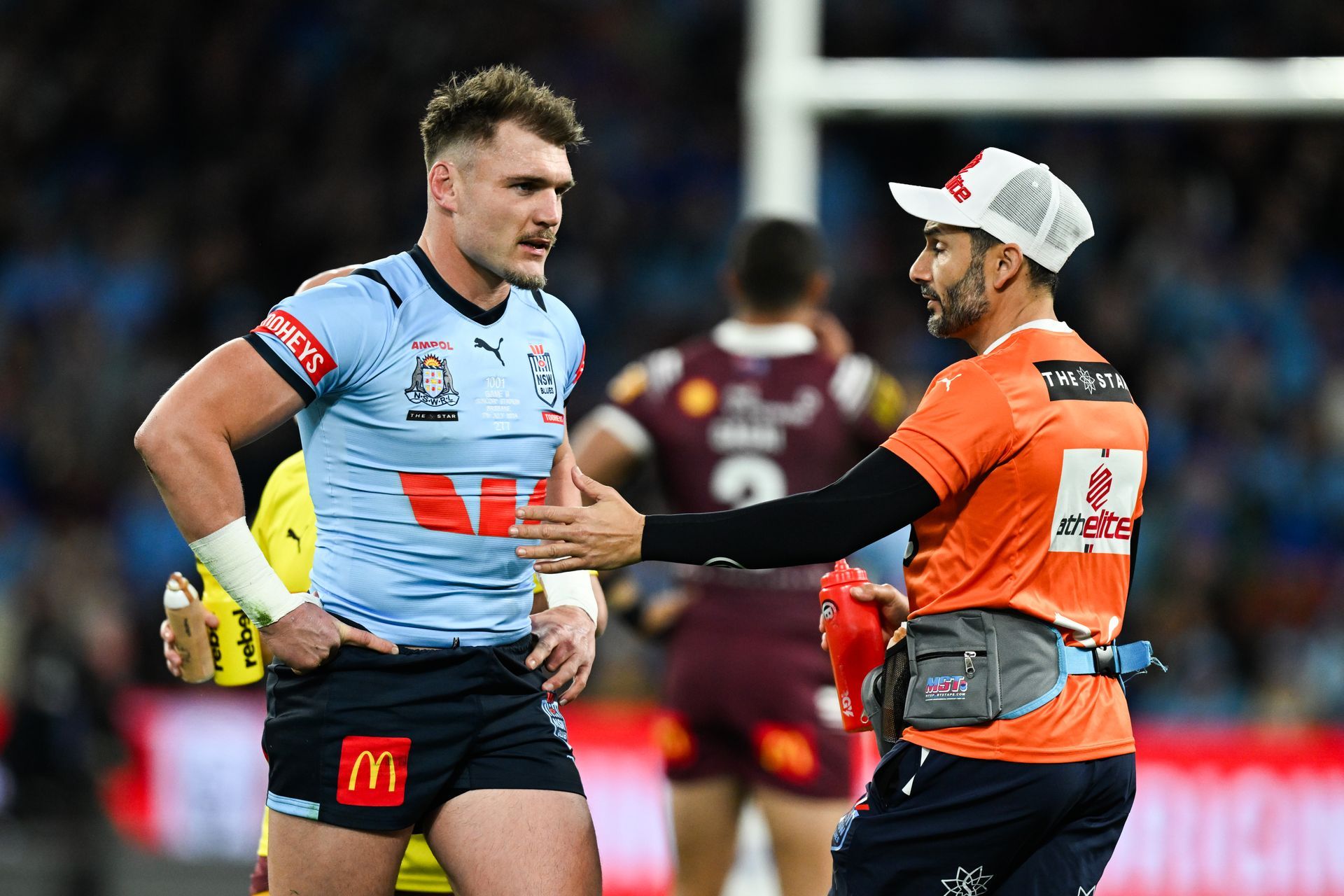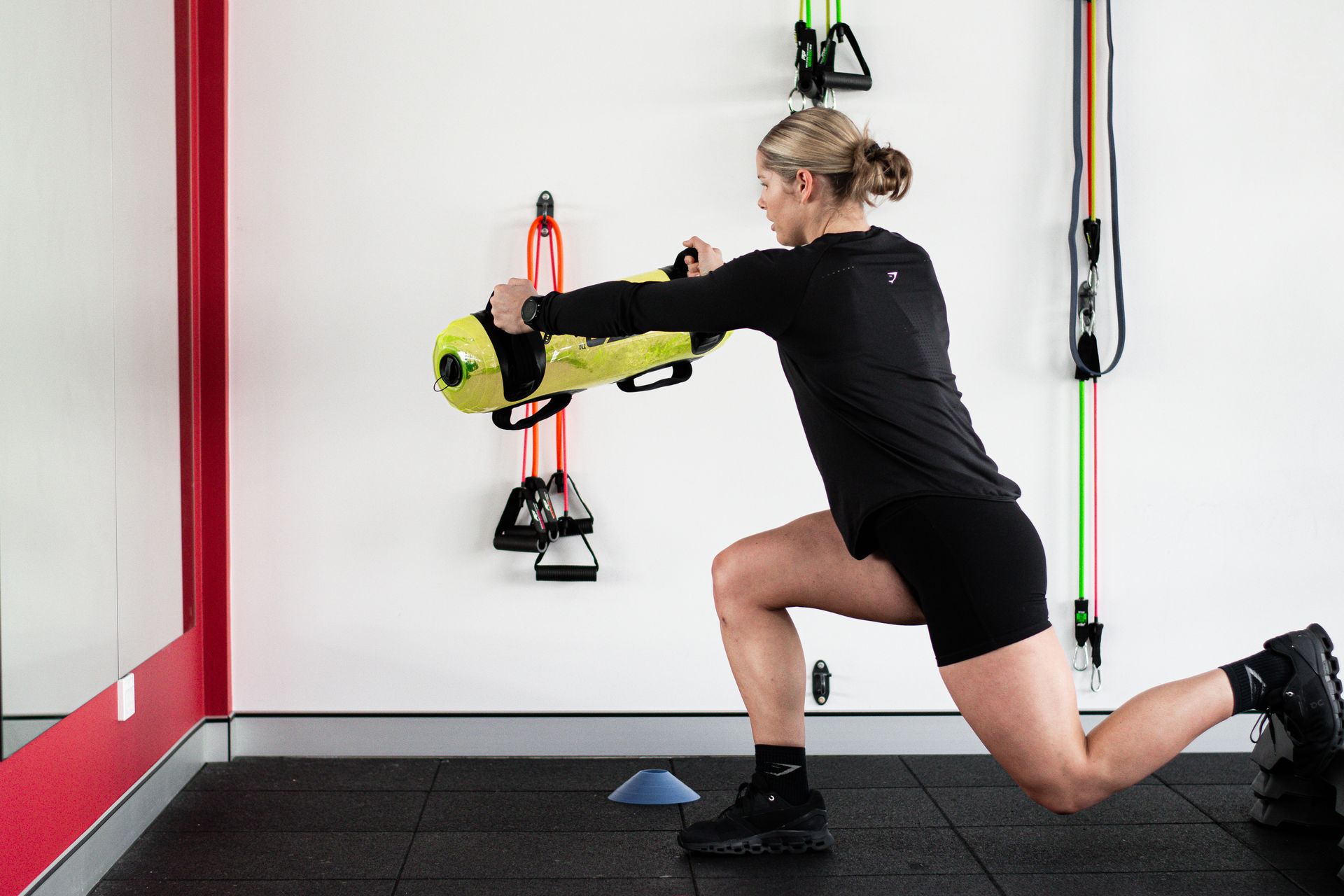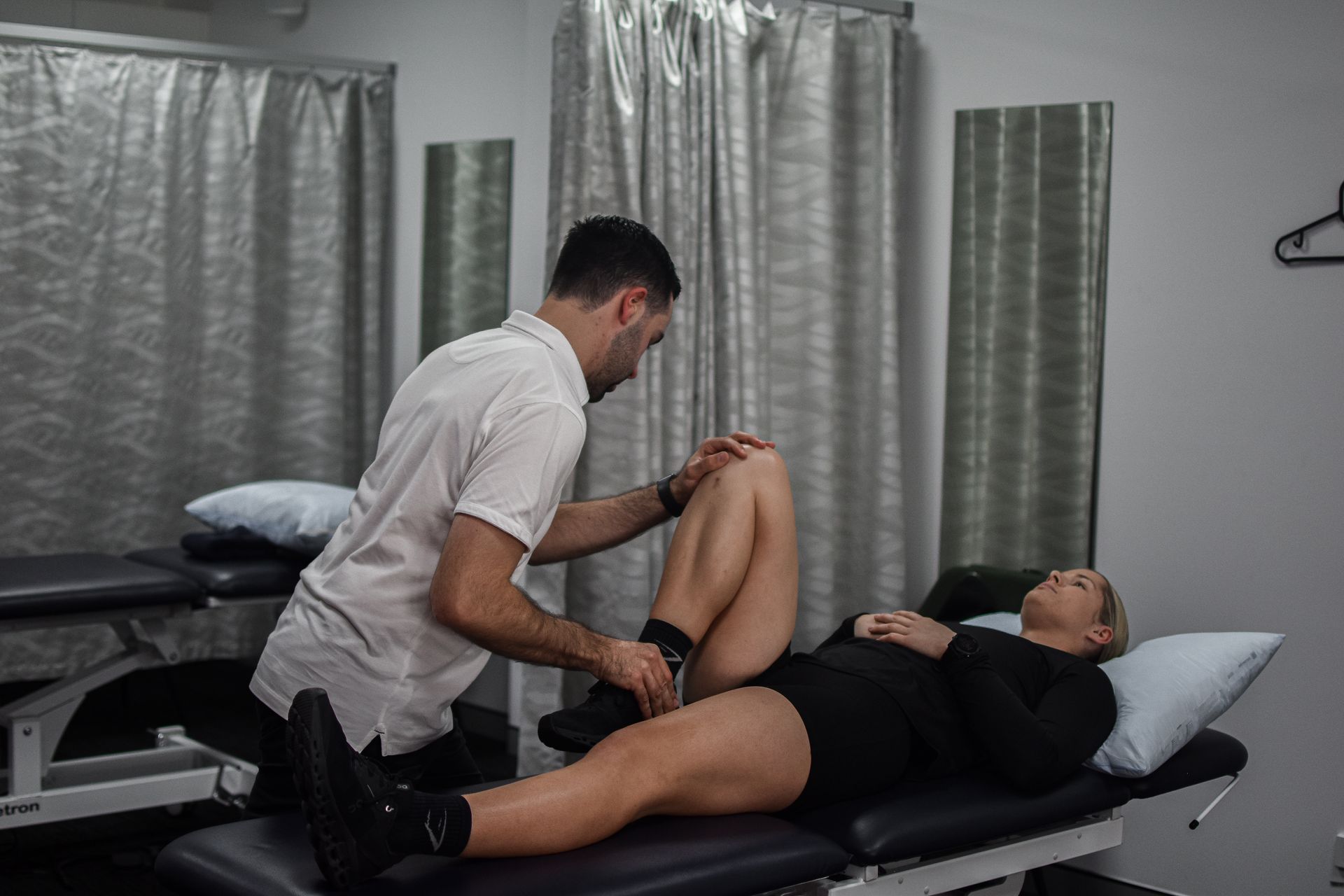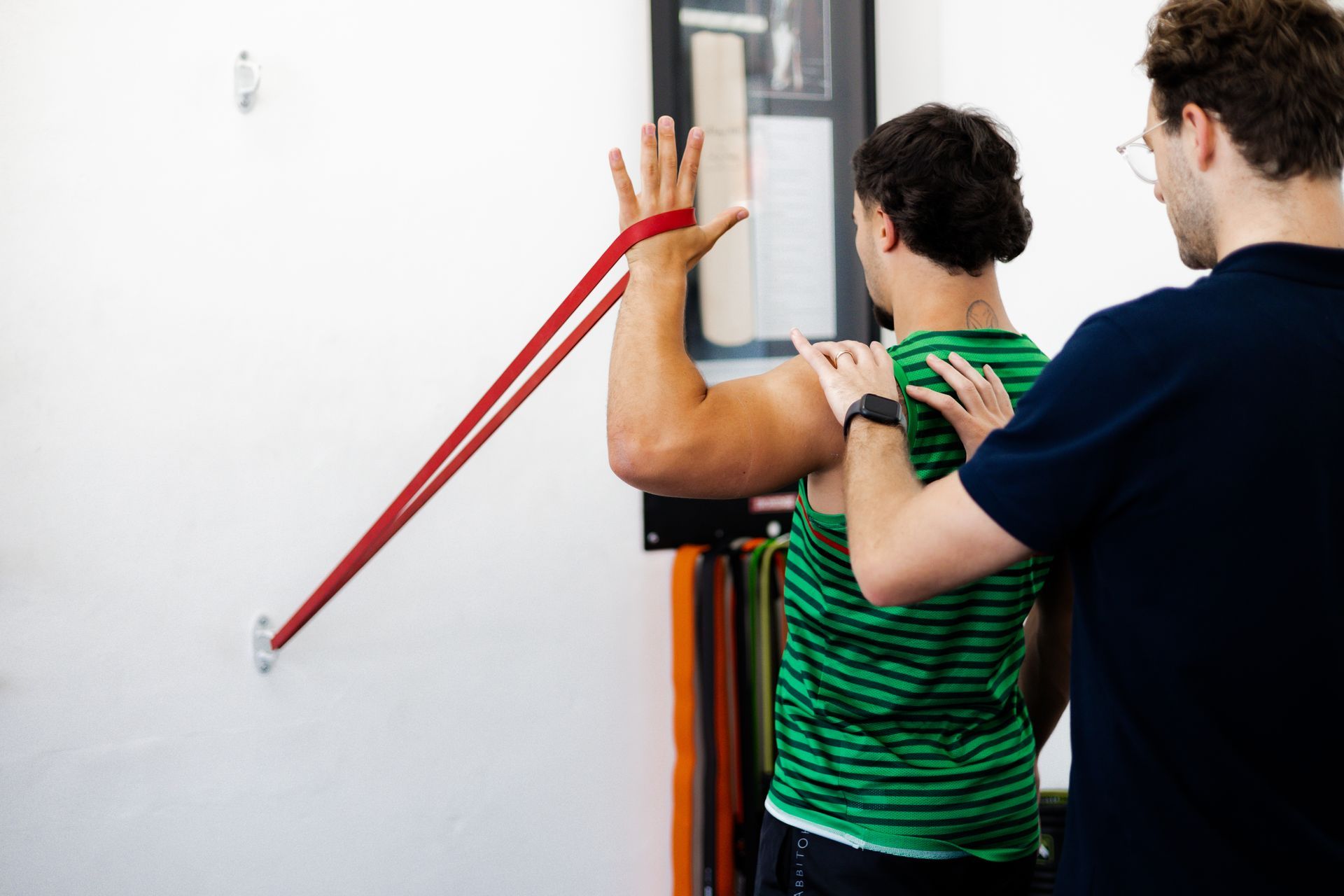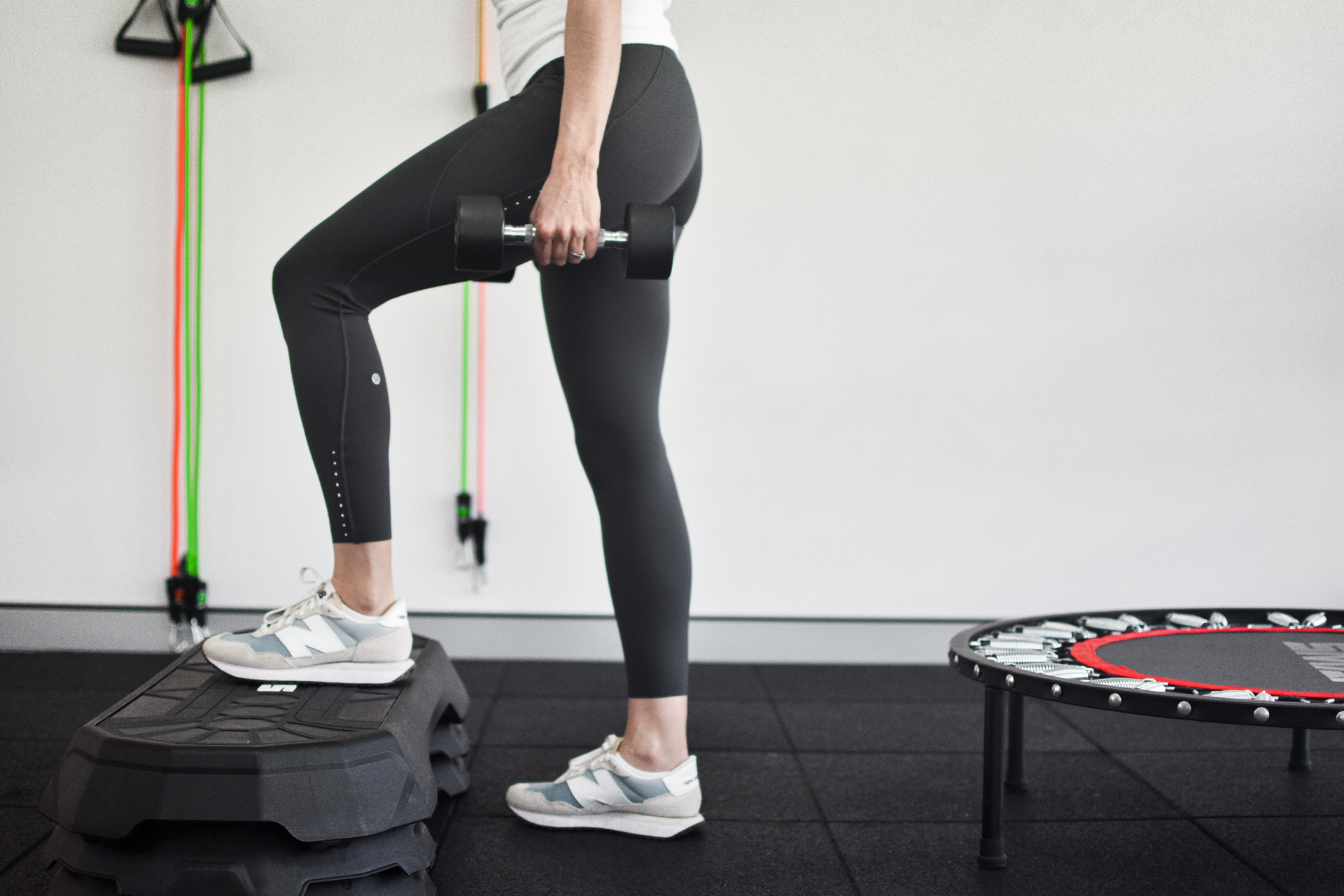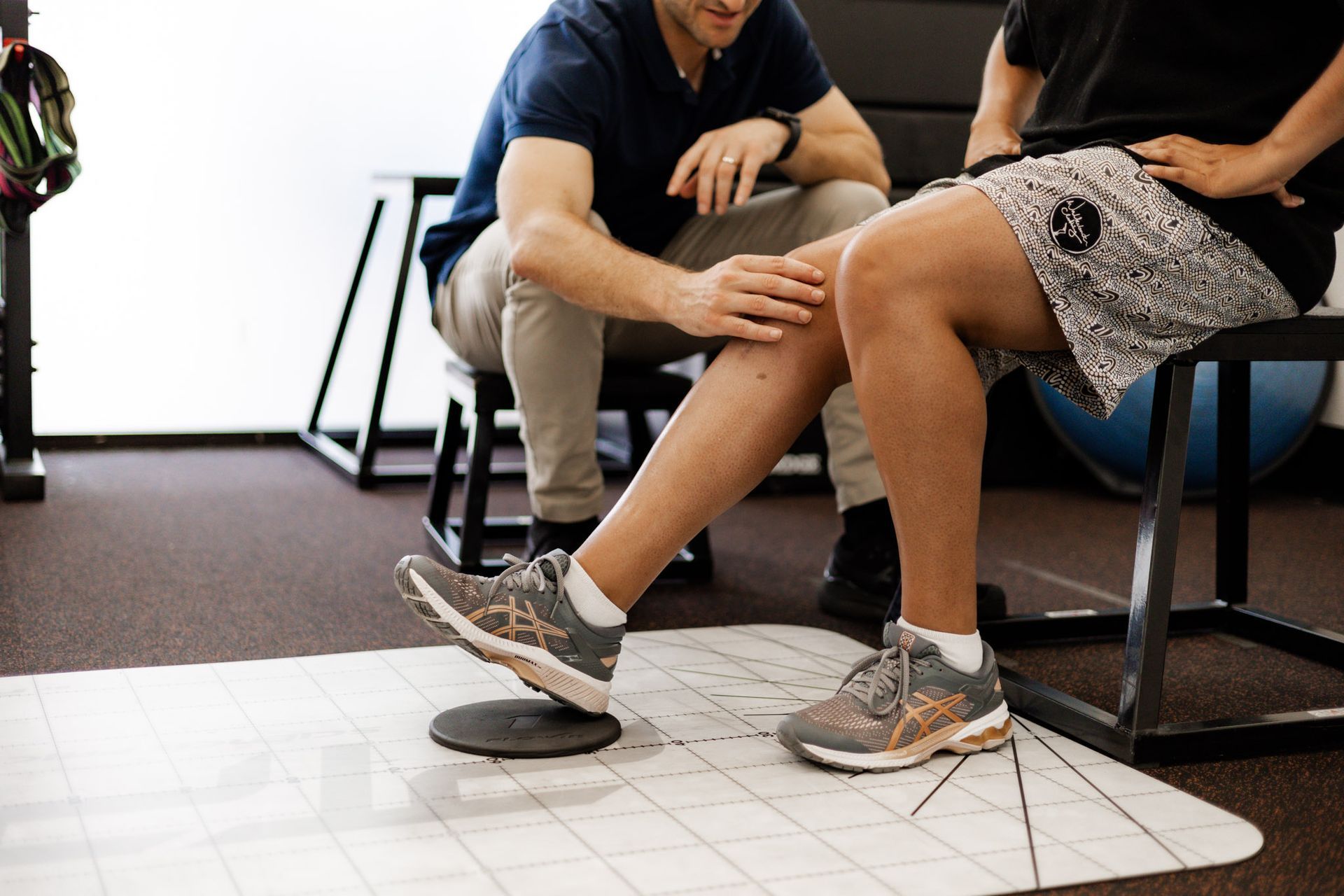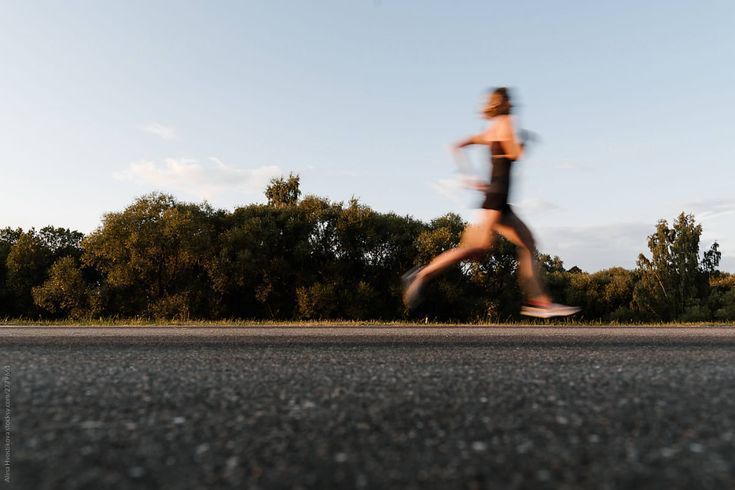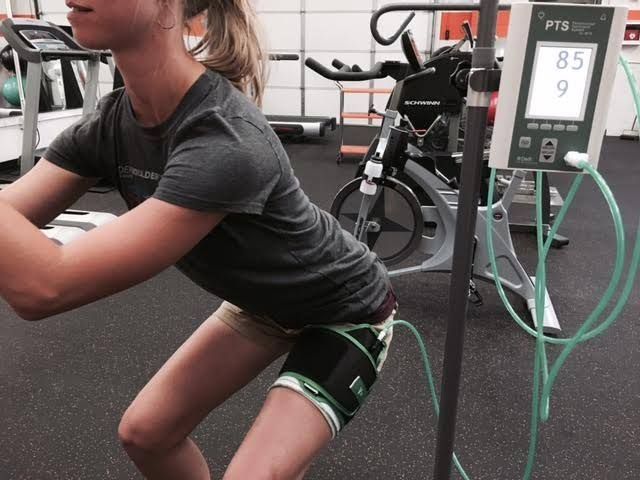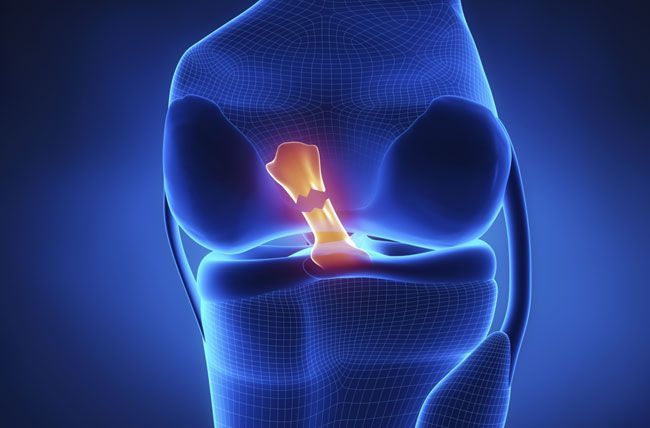Nutrition in Managing Osteoarthritis
The Role of Nutrition in Managing Osteoarthritis
Osteoarthritis (OA) is the most prevalent form of arthritis, affecting a rising number of people worldwide.
The pain associated with OA is one of the key barriers to maintaining physical activity in those with the condition, which in turn can greatly impact quality of life. Those affected would benefit from ways to self-manage their condition and this is where nutrition can play an important role.
Is there a diet to cure OA?
Is there a diet to cure OA? Short answer, no. However, while there is no miracle diet that can cure OA, we do know that maintaining a healthy body weight and ensuring nutrient needs are met can help symptom management and improve quality of life.
Maintaining a healthy body weight is one of the important ways diets can assist with OA management. OA occurs when the protective cartilage that cushions joints wear down over time, so reducing unnecessary impact on these joints is an effective management strategy. Excess body weight can cause increased wear and tear as well as joint inflammation and pain for those with OA. Research suggests that a reduction of as low as 5% in body weight can improve pain felt in affected joints. Everyone has different energy requirements and understanding what this is for you can be difficult. Seeking individualised nutrition advice from a dietitian can help make sure you are mastering nutritious, balanced meals and getting your portion sizes right.
What should I eat?
What should I eat? Research suggests that the Mediterranean Diet could help reduce inflammation and pain in those with OA. The Mediterranean Diet has been thought to assist with OA management due to the anti-inflammatory and antioxidant nutrients abundant in this way of eating. It includes plenty of fruit, vegetables, legumes, wholegrains, nuts, seeds, herbs, spices and olive oil, a moderate number of fish, seafood, poultry, eggs and dairy, and small amounts of red meat and sweets. It also emphasises enjoying food socially, in moderation, and has been seen to be beneficial in maintaining a healthy weight.
Nutrition research in the area of OA is constantly evolving, and while there is currently limited evidence to suggest any one particular nutrient can prevent or delay OA, certain nutrients have been deemed to be important for symptom control. For example, adequate protein intake is important for those with OA to ensure adequate muscle mass and strength is maintained as low muscle strength has been linked with increased pain. Research has also shown that vitamin E may have an anti-inflammatory role that may reduce the progression of OA, and higher intakes of vitamin D has been implicated in less progression of cartilage damage. Future research is sure to shed more light on the importance of specific nutrients.
